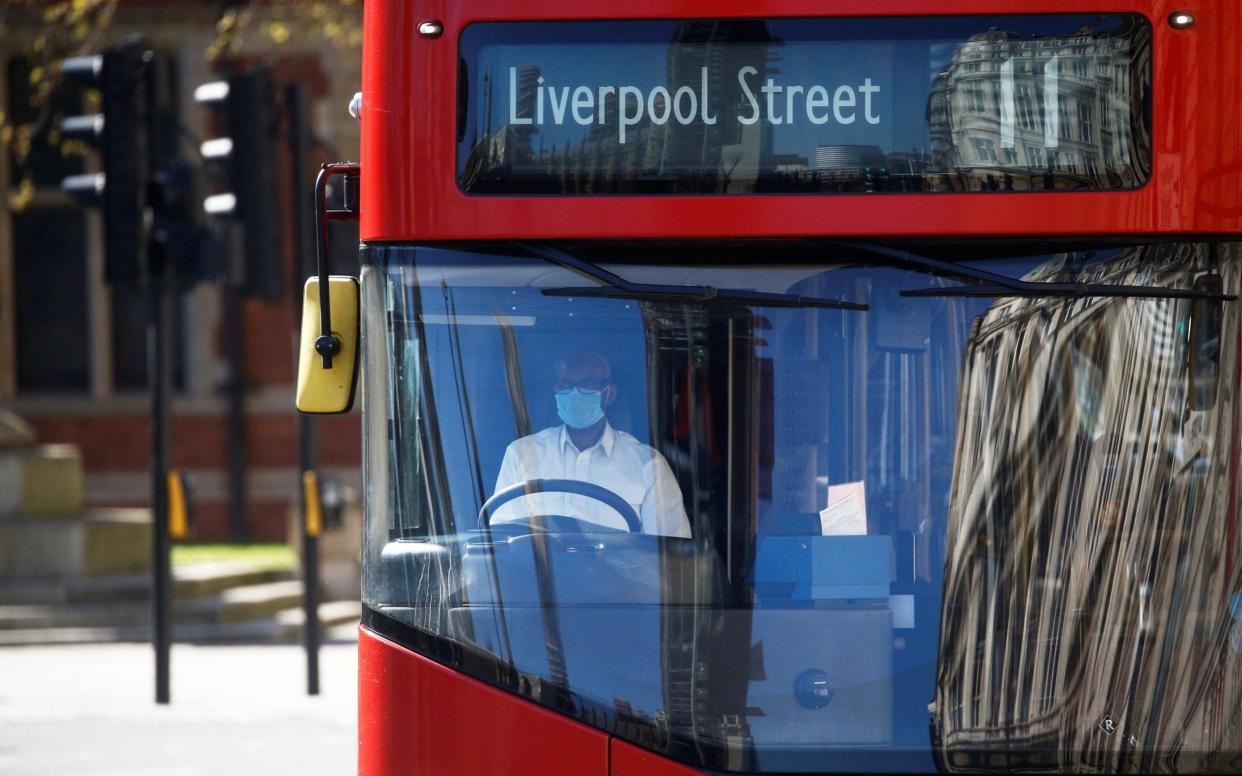Why Covid-19 kills nearly twice as many men as women


It is a paradox of patriarchal societies that men do far worse in health terms than women.
Men die four years earlier than women globally. They are at much greater risk of dying prematurely from the big four non-communicable diseases: cardiovascular disease, cancer, diabetes and chronic respiratory disease. They are the main users of tobacco and alcohol and are three times more likely to die on the road.
In the UK, it’s much the same story. Three times as many men as women kill themselves every year. They are 21 per cent more likely to develop cancer and 44 per cent more likely to die of it. The cardiovascular death rate in the UK is also 50 per cent higher for men.
An article in this week’s Lancet shows that Covid-19 is shining a “cruel light” on this stark inequality. The virus has a nasty trick of magnifying human frailty and this is as true for men as it is for other vulnerable groups.
“In 38 out of 43 countries for which provisional data were available, as of June 10, 2020, more men than women have died from Covid-19 despite a similar number of confirmed cases in each sex”, says the Lancet report.
In several countries, including the Netherlands, Dominican Republic and Spain, about twice as many men as women have died from Covid-19. In the UK, the male death rate for Covid-19 is 1.7 higher for men and in Thailand, it is 2.6 times higher.

There is little doubt men are biologically more vulnerable to the ravages of the disease than women. They have a weaker immune response and male hormones are a suspect in sparking the rare but lethal inflammatory reaction that kills so many.
But biological predisposition is only part of the story. Men occupy many of the “high-contact” occupations that are associated with Covid mortality such as security guards and Uber drivers. They also suffer disproportionately from many of the worst comorbidities, including cardiovascular disease, diabetes, and high blood pressure.
“These conditions, and others, have long been responsible for men's excess burden of premature and avoidable mortality”, says the Lancet.

The report is co-authored Peter Baker, director of Global Action on Men’s Health, Alan White, emeritus professor of men's health at Leeds Beckett University and Rosemary Morgan of the Johns Hopkins Bloomberg School of Public Health in the US.
For decades Mr Baker and Professor White have been toiling away, almost alone in the UK, to get men’s health pushed up the public health agenda. They have built up a formidable evidence base on the issue and an amazing set of health guides for men.
But progress has been horribly slow on the policy front, with the historical neglect of men's health still evident globally and nationally.
“An analysis of 35 national health policies in the WHO European Region member states, for example, found that the term ‘men's health’ appeared once”, they note.
“A WHO and UNAIDS review of national policies on health, HIV, sexual and reproductive health, and mental health in 14 countries in eastern and southern Africa found that the health of men and boys was well addressed in the health policy of only one country, eSwatini.”
Why men’s health should have been put on the backburner in male-dominated societies is hard to explain. Some feminists might consider it Darwinian. Perhaps it’s to do with male pride making it hard for us to admit our frailties? Being the major consumers of the toxins that do so much to slowly kill us probably also does not help on the legislative front.
Whatever those bigger issues, there are some immediate hurdles. Although gender is rarely addressed in health policy, when it is it tends to be incorrectly conflated with women.
“Other factors include inadequate awareness and knowledge among policymakers of men's health issues and the absence of political will to push men's health issues onto policy agendas. Also relevant are the lack of sex-disaggregated health data and the paucity of research into the economic costs of men's poor health”, says the Lancet.
But there is hope. The WHO’s European region published a men's health strategy for its 53 member states in 2018. Australia, Brazil, Iran and Ireland all now have national men's health policies.
And in Quebec, Canada, there is even a “ministerial action plan on men's health and wellbeing”. More than 30 countries, including the UK, now include boys in their national human papillomavirus vaccination programmes.
There are many initiatives across the world - several championed by UK Aid - that promote the health and wellbeing of “women and girls”. They work well, saving many millions of lives because they specifically address the needs and motivations of their audience.
Covid-19 has revealed the health vulnerabilities of men like never before. With luck, it will prompt a new wave of global health initiatives specific to men and boys.
Protect yourself and your family by learning more about Global Health Security

 Yahoo News
Yahoo News 
